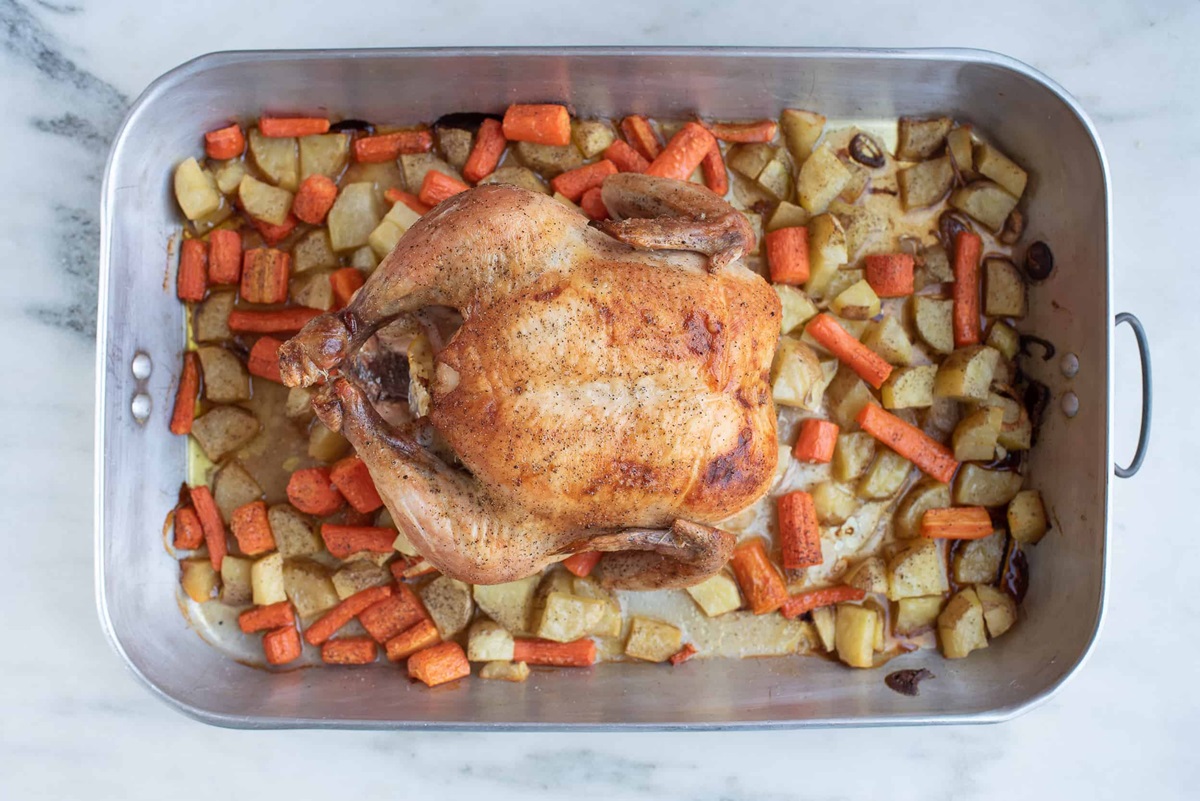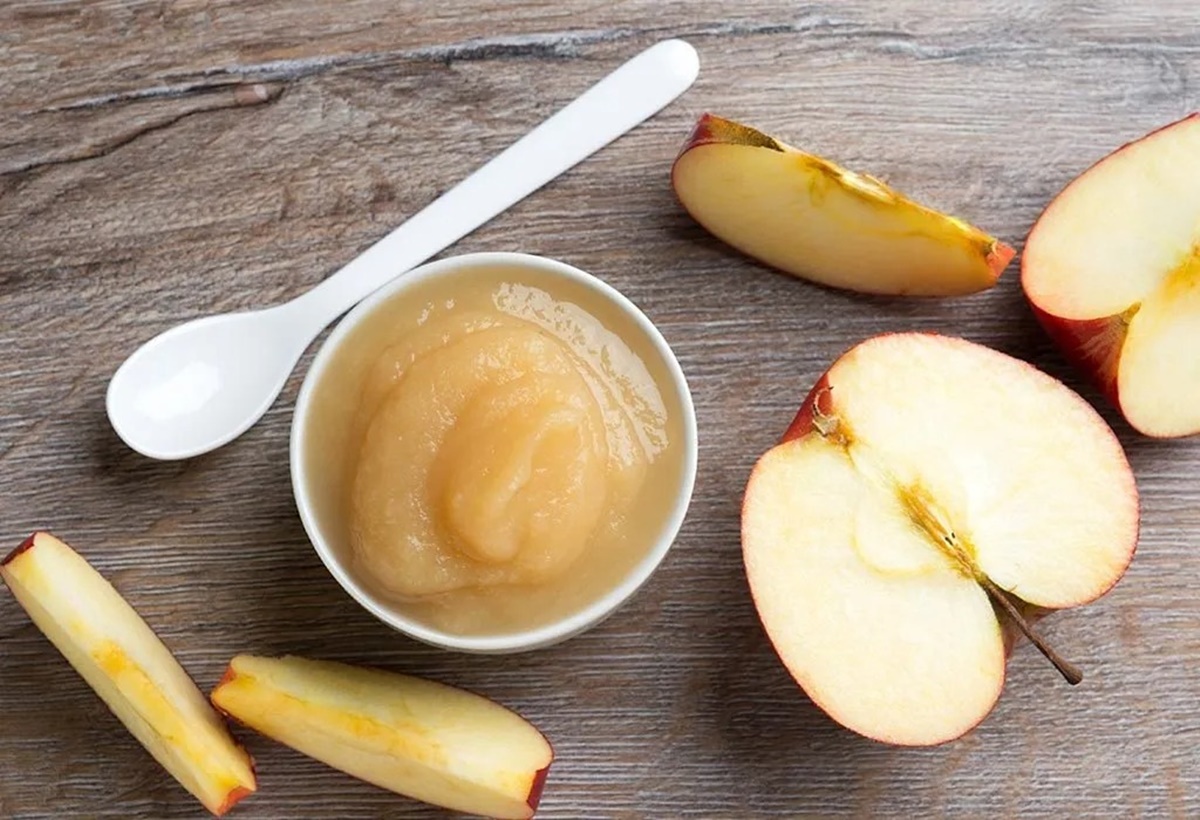Start the New Year on a Healthy Note
Welcome to the new year! It’s the perfect time to make positive changes in your life, and one of the best changes you can make is to improve your eating habits. Eating healthier doesn’t have to be difficult or overwhelming. With a few simple tips and tricks, you can start the new year on a healthy note and set yourself up for success.
Focus on Whole Foods
One of the easiest ways to eat healthier is to focus on consuming more whole foods. Whole foods are foods that are as close to their natural state as possible, such as fruits, vegetables, whole grains, and lean proteins. These foods are packed with essential nutrients and are generally lower in calories and unhealthy additives compared to processed foods.
Plan Your Meals
Meal planning is a great way to ensure that you have healthy options available throughout the week. Take some time at the beginning of the week to plan out your meals and snacks. This can help you avoid reaching for unhealthy options when you’re hungry and pressed for time. Consider creating a grocery list based on your meal plan to make shopping easier and more efficient.
Stay Hydrated
Drinking enough water is essential for overall health and can also help with weight management. Make it a goal to drink at least 8 glasses of water a day. If you struggle to drink plain water, try infusing it with fruits or herbs for a refreshing twist.
Practice Mindful Eating
Mindful eating involves paying attention to the sensations and emotions associated with eating. It can help you develop a healthier relationship with food and prevent overeating. When you eat, try to focus on the flavors, textures, and smells of your food. Avoid distractions like screens or eating on the go, and listen to your body’s hunger and fullness cues.
Limit Added Sugars and Processed Foods
Added sugars and processed foods can contribute to weight gain and various health issues. Be mindful of the amount of sugar and processed foods in your diet, and try to limit your intake. Opt for natural sweeteners like honey or maple syrup, and choose whole, unprocessed foods whenever possible.
Get Creative in the Kitchen
Healthy eating doesn’t have to be boring! Experiment with new recipes and ingredients to keep your meals exciting and flavorful. Try incorporating more herbs and spices into your cooking, and don’t be afraid to try new fruits and vegetables. The more variety you have in your diet, the more nutrients you’ll consume.
Seek Support and Accountability
Changing your eating habits can be challenging, but having support and accountability can make a big difference. Consider enlisting the help of a friend, family member, or a support group to keep you motivated and on track. You can also seek out professional help from a nutritionist or dietitian for personalized guidance.
Be Kind to Yourself
Remember that eating healthier is a journey, and it’s okay to have setbacks along the way. Be kind to yourself and celebrate your progress, no matter how small. Focus on making sustainable changes that you can maintain in the long run, rather than aiming for perfection.
By incorporating these tips into your daily routine, you can set yourself up for a healthier and happier new year. Here’s to a fresh start and a nourished body!











